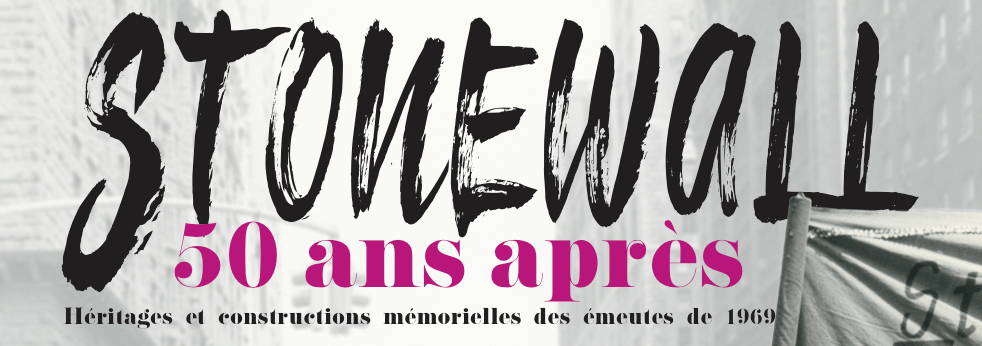In recent historiographic debates, the Stonewall riots are usually referred to as the cornerstone of LGBT movements in North Atlantic societies and beyond. In fact, the 1969 protests in New York developed a significant discursive power that shaped LGBT activists' self-perception across and outside the United States in the following decades. This argument, however, falls short of explaining the simultaneous emergence of radical LGBT movements elsewhere. In Western Europe, for instance, activists closely observed US “Gay Liberation Front” groups and adopted some of their key concepts and protest style in the early 1970s, but hardly assessed the Stonewall riots themselves as a political event. This was in part owed to the activists' lack of information, but also to their scepticism about the commercial character of the New York bar scene and its costumers' political awareness. Instead of this, they highlighted events, such as the 1970 Black Panther Party Revolutionary People's Convention in Philadelphia, that saw the recognition of gay liberation groups as a part of the post-1968 counterculture alongside the Black Power and women's liberation movements. In the 1980s, anti-AIDS activists and queer thinkers, both inspired by French postmodernism, started to shed new light on the history of sexual minorities. Due to the public deconstruction of the 1968 revolts as dogmatic and anti-emancipatory, narratives of the Stonewall riots as a political event came to fulfill an ever-important function as a means of justification for increasingly radical protests against the criminalisation of HIV-positives.
The paper critically reassesses the conflicting lines of the cross-border exchange of societal critique and protest styles that undergirded North Atlantic LGBT movements from the early 1970s onwards. These transnational transfer and diffusion processes were both reflected by activist and academic discourses centred on the legacy and continuity of New Left thinking. The presentation's focus on transnational networks, such as the Gay Liberation Front groups in the early 1970s and the AIDS Coalition to Unleash Power (ACT UP) two decades later, allows for a better understanding of the diffusion and transfer of ideas and practices of gay liberation against the backdrop of the 1968 revolts and the HIV/AIDS pandemic as politicising global media events. Furthermore, it illuminates LGBT subculture's role in preserving and developing these discursive patterns through a specific lifestyle, venues, and media. In so doing, the paper seeks to contribute to social movement research thus bridging the gap between historiographic and social scientific debates on post-1968 movements.
Speaker:
Kevin-Niklas Breu is a PhD student of history at the University of Bremen specialised in 20thcentury Anglo and Latin American, social movements, and LGBT history. For the academic year of 2016/17, he received a DAAD-fellowship to study at the University of California at Santa Barbara. During his stay abroad, he conducted archive research in San Francisco and Santa Barbara in preparation of his Master's thesis on the history of anti-AIDS activism in 1980s and 1990s San Francisco which he submitted in February 2018. Parts of the thesis have been or will soon be published in Global Histories and Invertito respectively.

 PDF version
PDF version
